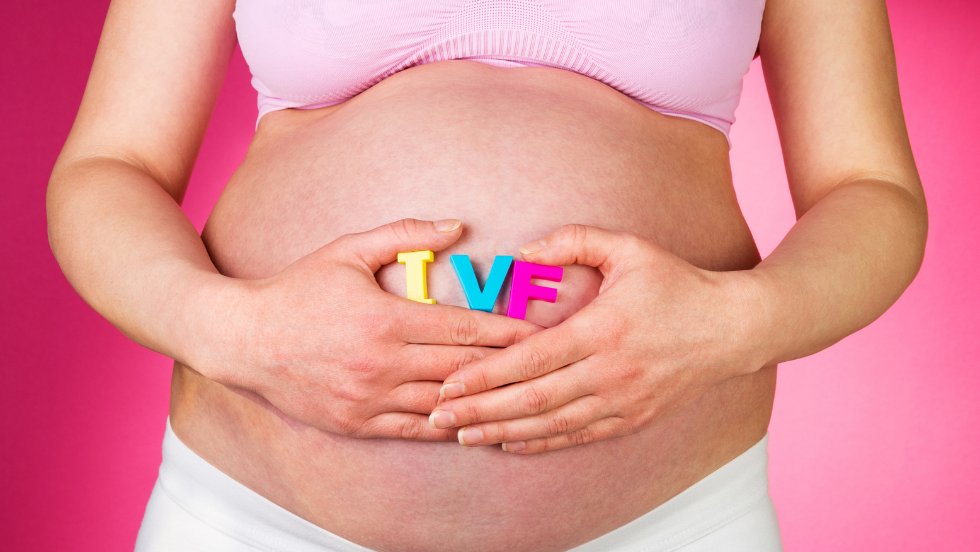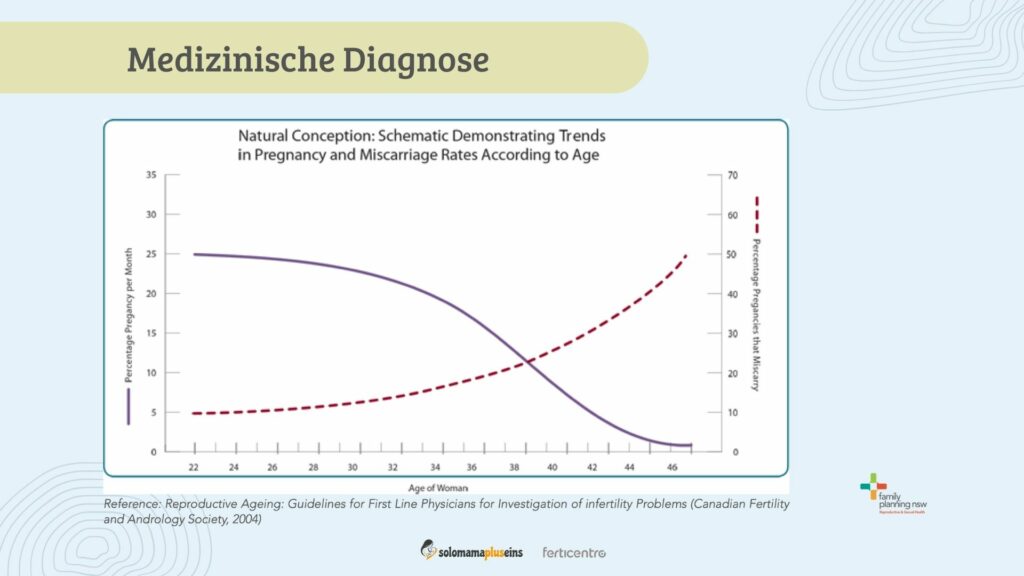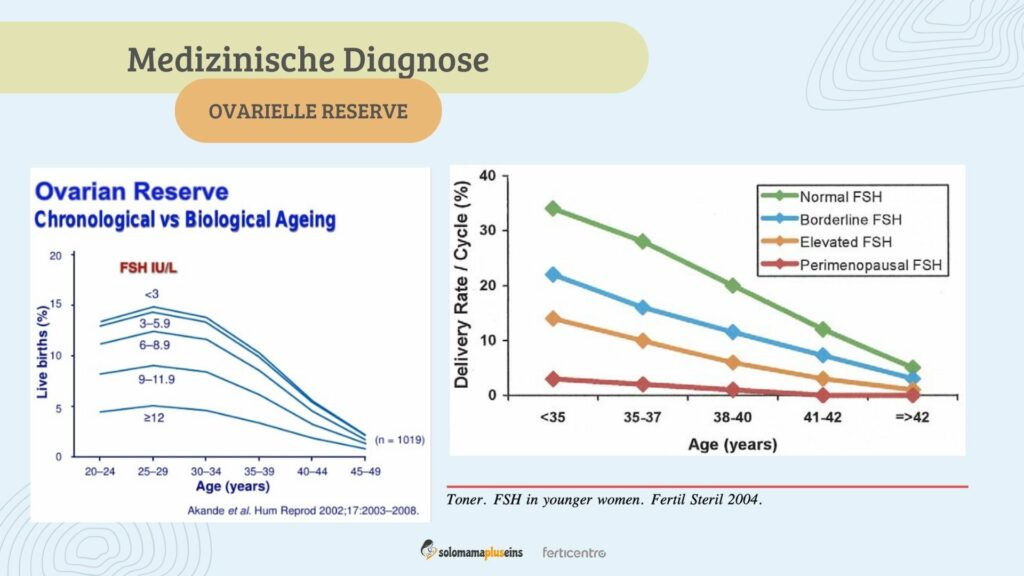IVF Success for Women Over 36 – What You Need to Know

Have you ever wondered if it’s still possible to have a child in your late 30s and beyond?
In today’s world, many women are choosing to delay motherhood for various reasons, whether it’s career ambitions, personal growth, or finding the right partner. But as the biological clock ticks, concerns about fertility naturally arise. If you’re over 36 and considering in vitro fertilization (IVF), you’re not alone. This comprehensive guide explores the ins and outs of fertility treatments, particularly for women 36 and older, and offers a glimpse into why Portugal might just be the perfect place for your journey to parenthood.
Understanding Fertility After 36
1. The Decline in Fertility:
It’s a fact that women’s fertility decreases with age, especially after 36. This decline is mainly due to the quantity and quality of eggs. While some women experience this decline sooner or later, it’s a natural process. The key is understanding where you stand with essential fertility markers like FSH (Follicle-Stimulating Hormone) and AMH (Anti-Müllerian Hormone) levels, which provide insights into ovarian reserve and egg quality.
2. Medical Diagnosis and Testing:
Before diving into treatments, it’s crucial to undergo specific tests. These include checking FSH and AMH levels, as well as an ultrasound to count antral follicles. These tests help determine the most suitable fertility treatment, whether it’s intrauterine insemination (IUI) or more advanced procedures like IVF or ICSI (Intracytoplasmic Sperm Injection).


The IVF Journey: What to Expect
1. The IVF Process:
IVF involves stimulating the ovaries to produce multiple eggs, retrieving them, and then fertilizing them in the lab. The fertilized eggs, or embryos, are cultured for 5-6 days before being transferred to the uterus. This process is highly controlled and monitored, increasing the chances of a successful pregnancy.
2. ICSI – A Step Further:
ICSI is a specialized form of IVF used when male infertility is a factor. It involves injecting a single sperm directly into an egg, ensuring fertilization. This method is particularly beneficial when sperm quality is low.
3. Preimplantation Genetic Testing (PGT):
For women over 36, PGT can be a game-changer. This advanced technique tests embryos for genetic abnormalities before transfer, increasing the chances of a healthy pregnancy and reducing the risk of miscarriage.
The Final Option: Egg Donation
For some women, using their own eggs may not be possible or advisable. In these cases, egg donation is a viable and successful option. Donor eggs, often from younger women, significantly increase the chances of pregnancy and healthy birth.
The Allure of Portugal for Fertility Treatments
While many countries offer fertility treatments, Portugal stands out for several reasons:
1. Advanced Medical Technology and Expertise:
Portugal has a strong reputation for high-quality medical care, particularly in reproductive medicine. Clinics like Ferticentro provide state-of-the-art technology and expert care, ensuring personalized treatment plans.
2. Transparent and Ethical Practices:
Portuguese law mandates that all egg and sperm donations are non-anonymous, promoting transparency and ethical standards. This can be a crucial factor for parents considering the future implications for their child.
3. No Waiting Lists and Comprehensive Care:
Unlike in some countries, Portugal boasts no waiting lists for egg donation and offers comprehensive support, including psychological counseling and legal guidance.
Making the Decision
Embarking on a fertility journey involves more than just medical considerations. It’s essential to assess your overall health, lifestyle, and emotional readiness. Whether you are a single woman, part of a couple facing male infertility, or in a same-sex partnership, there are various options to explore.
Conclusion
For women over 36, the road to parenthood might come with unique challenges, but with the right support and expertise, achieving your dream of a child is within reach. Portugal offers not only advanced medical treatments but also a welcoming and supportive environment for your fertility journey. If you’re considering IVF or other fertility treatments, exploring options in Portugal could be the key to unlocking your path to parenthood.
Ready to take the next step? Book a consultation with a fertility expert to discuss your options and find out if Portugal could be the perfect place for you to begin your journey to a dream family.
Common Questions & Expert Answers on Fertility Treatments
Can I use sperm from a German sperm bank for treatment in Portugal?
Generally, no. In Portugal, fertility treatments are highly regulated by the national council, which imposes strict criteria on donors. Only sperm from specific approved banks, such as European Sperm Bank and Cryos (both from Denmark), can be used.
Exceptions exist for those who already have a child from the same donor, but such cases require additional approvals.
Why is anonymous sperm donation not allowed in Portugal?
Portuguese law mandates that children born from sperm donation have the exclusive right to know the identity of the donor once they reach the age of majority.
To protect this right and due to the small population size, donor anonymity is not permitted, and only baby photos (not adult photos) may be provided.
What are the guidelines for women with autoimmune conditions undergoing IVF?
Patients with autoimmune conditions like Hashimoto’s thyroiditis should have their thyroid function closely monitored before and during treatment. The treatment protocol will be specifically adapted to each individual case to minimize the risk of complications such as ovarian hyperstimulation syndrome (OHSS) and miscarriage.
However, treatment plans are tailored to each patient’s unique circumstances, and it is crucial to consult with a specialist.
Why do some doctors recommend multiple inseminations instead of directly opting for IVF?
There are several reasons, including the lower cost of insemination compared to IVF, the patient’s preference for a less invasive procedure, and sometimes, the specific regulations and financial coverage by health insurance providers.
In countries like Germany, some doctors might also avoid discussing options like egg donation due to legal restrictions. It’s essential to consult with your doctor to determine the best approach for your situation.
What are the age limits for fertility treatments with own eggs and egg donation?
In Portugal, fertility treatments are available until the day before a woman’s 50th birthday. This applies to all types of treatments, including using one’s own eggs, donor eggs, or sperm.
For treatments involving own eggs at advanced maternal age, it’s crucial to understand the lower success rates and possible complications. In exceptional cases, embryos can be transported to countries where older patients may still receive treatment.
How are embryo transfers handled at Ferticentro?
At Ferticentro, embryo transfers are usually performed at the blastocyst stage (day 5). This practice allows for better selection of viable embryos, as not all embryos will develop to this stage. The decision to transfer on day 3 or day 5 depends on the number and quality of embryos and the specific clinical situation.
What is the process for couples considering a second child after successful treatment with a previous donor?
If a couple has already had a child from a specific donor and wishes to have a sibling with the same genetic background, they may request to use the same donor.
This request must be approved by the national council, and it’s generally allowed if it follows the guidelines for donor usage and family limits.
Are there dietary or lifestyle recommendations for patients preparing for IVF?
While specific recommendations vary, general guidelines include maintaining a healthy weight, avoiding inflammatory foods, and possibly following a fertility-friendly diet.
However, detailed recommendations should come from your healthcare provider, who can tailor advice to your specific medical and personal context.
Can patients discuss their fertility treatment options confidentially with a specialist?
Yes, Ferticentro offers free, non-binding consultations with specialists who can provide personalized guidance based on individual needs and circumstances. These consultations can last up to an hour or longer, depending on the complexity of the case.
For further personalized advice or to schedule a consultation, you can contact Ferticentro here.
